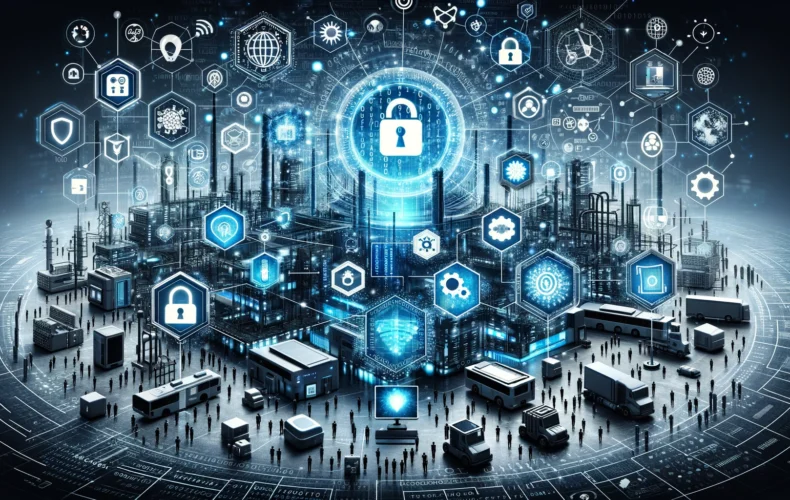In the past few years, the workplace landscape has undergone a seismic shift. The COVID-19 pandemic accelerated the trend towards remote work, a move that, while offering flexibility and convenience, has also brought significant cybersecurity challenges. With employees accessing company resources from various locations and devices, the risk of cyber threats has multiplied, making cybersecurity more critical than ever.
The Importance of Cybersecurity in Remote Work
Cybersecurity in the context of remote work is not just about protecting data; it’s about safeguarding the integrity of business operations. The increase in remote work has expanded the attack surface for cybercriminals, making organizations more vulnerable to data breaches, ransomware attacks, phishing schemes, and other cyber threats. A single breach can lead to substantial financial losses, damage to reputation, and legal repercussions.
Strategies for Businesses
- Implement Strong Password Policies: Encourage the use of complex passwords and implement regular password changes. Consider using password managers to store and generate strong passwords.
- Use Multi-Factor Authentication (MFA): MFA adds an extra layer of security by requiring additional verification (like a code sent to a phone) to gain access to company resources.
- Regular Software Updates: Ensure that all software, especially those used for remote access, are regularly updated to patch vulnerabilities.
- Secure Wi-Fi Networks: Educate employees about the risks of public Wi-Fi and provide guidance on using secure, encrypted connections, like Virtual Private Networks (VPNs).
- Employee Training: Regularly train employees on cybersecurity best practices, including how to recognize phishing attempts and the importance of not sharing sensitive information.
- Endpoint Protection: Use antivirus software and ensure that all devices used for work, including personal ones, are secure.
- Data Encryption: Encrypt sensitive data, both in transit and at rest, to protect it from unauthorized access.
- Regular Backups: Regularly back up data to mitigate the impact of data loss due to ransomware attacks or system failures.
- Access Control: Implement the principle of least privilege, ensuring employees have access only to the resources necessary for their job.
- Incident Response Plan: Develop and regularly update an incident response plan to quickly address and mitigate the impact of a cyber attack.
The shift to remote work is not a temporary change but a new reality of our working world. As such, cybersecurity should be a top priority for businesses of all sizes. By implementing robust cybersecurity strategies and promoting a culture of security awareness, organizations can protect their data and systems in this evolving landscape.
Cybersecurity is no longer just an IT issue; it’s a business imperative. As the world continues to embrace remote work, the need for comprehensive cybersecurity measures has never been more vital.



